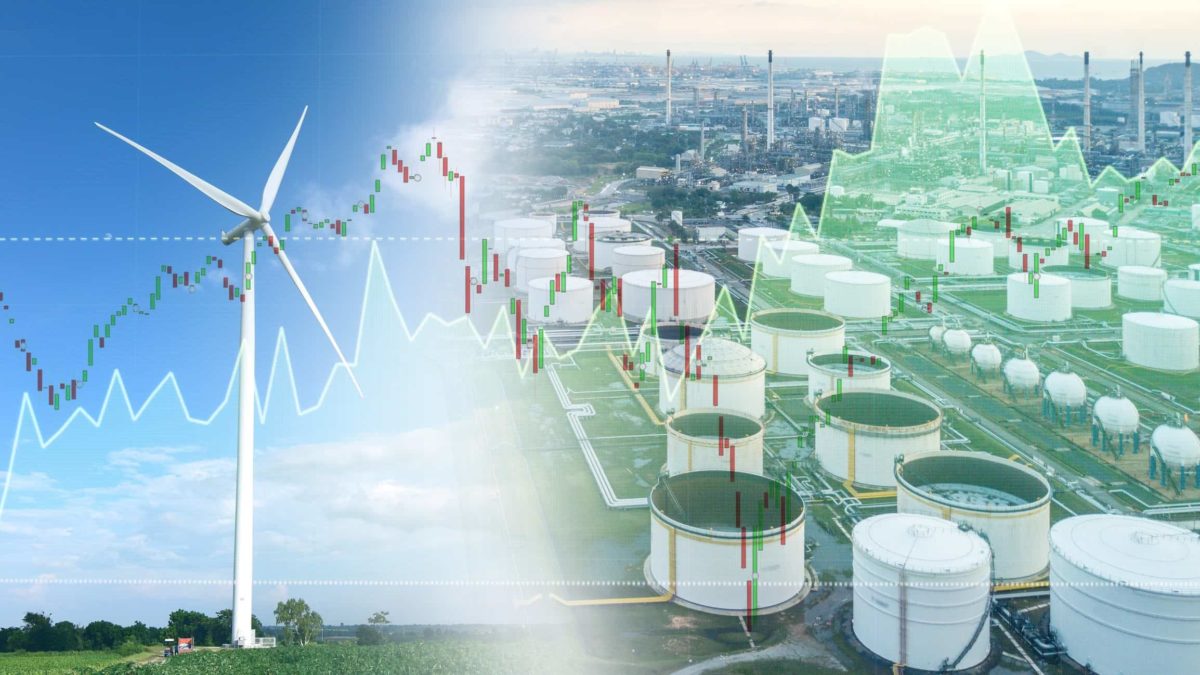Last week, we covered how the ASX energy sector has had a year to forget. Massive and rapid changes to how we all move around in 2020 resulted in oil prices falling below zero for the first time ever in May. That meant ASX energy shares did not have the best year.
But the same cannot be said for those companies that dwell in the renewable energy space. Renewables have, in contrast to fossil fuels, had a great year by all accounts. Here's a summary of how some of the most popular ASX renewable energy shares have performed in 2020:
| ASX renewable energy share | YTD share price gain (as of 29 December) | Market capitalisation |
|---|---|---|
| Tilt Renewables Ltd (ASX: TLT) | 89.57% | $2.12 billion |
| Meridian Energy Ltd (ASX: MEZ) | 52.5% | $17.43 billion |
| Infratil Ltd (ASX: IFT) | 40.08% | $5.08 billion |
| Mercury NZ Ltd (ASX: MCY) | 34.71% | $8.28 billion |
| Contact Energy Limited (ASX: CEN) | 17.46% | $5.84 billion |
| Genesis Energy Ltd (ASX: GNE) | 12.13% | $3.48 billion |
| Spark Infrastructure Group (ASX: SKI) | 4.78% | $3.81 billion |
| Ausnet Services Ltd (ASX: AST) | 3.2% | $6.75 billion |
| New Energy Solar Ltd (ASX: NEW) | (15.13%) | $3.11 billion |
ASX renewables have a great year
So why have (most) renewables shares been doing so well in 2020? Well, the answer to that question might lie in their very nature. Renewable energy companies have two very desirable characteristics that investors may have found particularly appealing this year: defensiveness and a future-proof nature.
We all need electricity, every day and every night. Demand for energy may fluctuate, but it never goes away. This makes the companies that produce it defensive, and thus, lends them an aura of 'safety'. And 'safety' was a precious commodity in 2020 for obvious reasons.
Secondly, everyone knows renewable energy is the future. Companies that build solar farms, wind turbines and hydroelectric power can enjoy the fact they will not be legislated out of existence in a decade's time, or else boycotted by investors, banks or super funds because they pollute the environment. The same can't be said for coal or oil.
So in terms of our list, first up it's worth noting that the larger ASX renewable energy shares in Tilt, Mercury NZ and Infratil are heavily interrelated. In fact, Infratil is the majority owner of Tilt Renewables, owing an approximate 65.6% stake in the business. Mercury NZ owns another ~20% share. However, Infratil has recently been making some noise indicating it might be looking to offload its Tilt position. That is probably one of the reasons Tilt tops the above table in terms of returns.
A super takeover?
Infratil was the subject of a blockbuster takeover earlier this month. As we reported at the time, superannuation fund AustralianSuper submitted a proposal to acquire all shares of Infratil on 8 December for a price of NZ$7.43 per share. Infratil didn't take long to reject this offer though, and AustralianSuper was sent running to the hills. It is interesting to note the interest from large superannuation funds like AustralianSuper in renewables companies like Infratil though.
The 'silver medalist' of this table, Meridian, also has a rather fascinating ownership structure as 51% of its shares are reportedly owned and controlled by the New Zealand Government. No doubt the New Zealand Treasurer would have been pleased with the 52.5% appreciation in the Meridian share price so far this year.
On that note, investors clearly appreciated that the volume of electricity sold to Meridian customers increased by 18% in New Zealand and 24% and Australia for FY2020. This helped Meridian to increase its FY2020 dividends by 3%. That is the sort of thing a company got noticed for in 2020.
But perhaps you don't even need a set of stellar numbers at all for investors to take notice of you in the renewables space. Back in August, Mercury NZ reported electricity generation was down 11%, and revenues by 6% in FY2020. That didn't stop the shares rising by almost 35% year to date. We saw a similar pattern with Genesis Energy. Its shares are up more than 12% year to date, despite the company reporting a profits drop of 225% for FY2020 compared with the prior year.
Finally, Spark Infrastructure is a company that illustrates the income potential for ASX investors in the renewables space. Despite the Spark share price climbing close to 5% in 2020, the shares still offer a trailing dividend yield of 5.25% on current pricing. That's a standout figure on the ASX boards these days!









